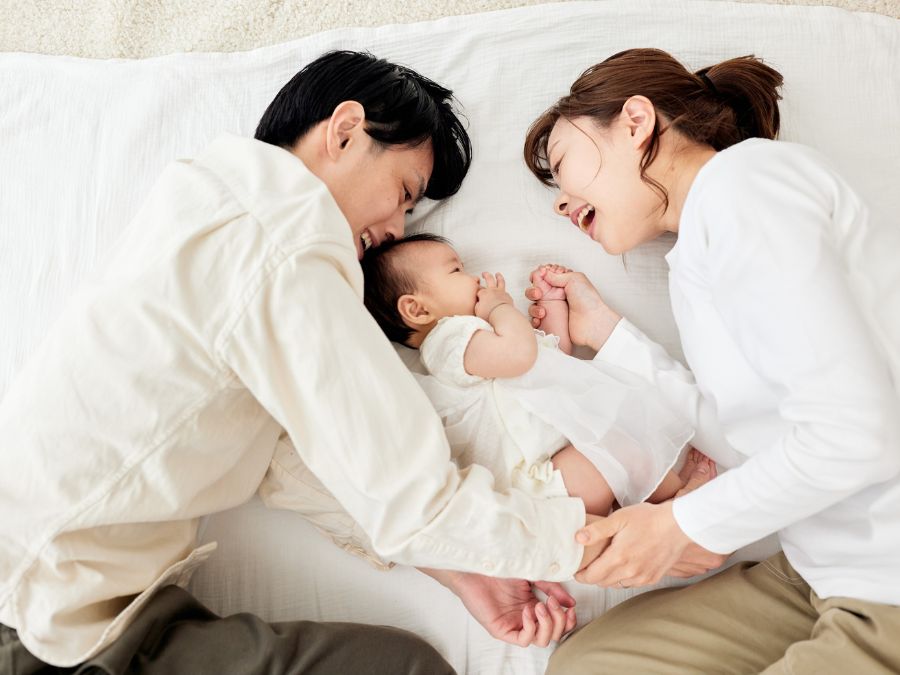
By promoting more access to the Four Building Blocks of HOPE from intake to case planning to systemic policies, juvenile justice professionals can create systems that prioritize growth, healing, and thriving.” – Amanda Winn, MSW, Director of Training and Technical Assistance
Improving justice-involved youth’s health and well-being with positive childhood experiences (PCEs)
BOSTON, MA, May 21, 2025 – The HOPE National Resource Center published its latest concept paper, “Reimagining the Juvenile Justice System Through the Healthy Outcomes from Positive Experiences Framework,” in the International Journal of Environmental Research and Public Health. The article, led by Amanda Winn, MSW, Director of Training and Technical Assistance, outlines the existing research on how positive childhood experiences (PCEs) improve health outcomes and reduce recidivism (relapse into criminal behavior) for justice-involved youth, and how professionals working in juvenile justice systems can promote the key types of PCEs through the HOPE framework.
“We know that system-impacted youth have higher rates of ACEs than their non-system-impacted peers. The research also clearly shows that recidivism decreases with each PCE youth experience. Improving juvenile justice systems with the HOPE framework just makes sense,” said Winn. “By promoting more access to the Four Building Blocks of HOPE from intake to case planning to systemic policies, juvenile justice professionals can create systems that prioritize growth, healing, and thriving.”
Increasing PCEs in juvenile justice systems through the HOPE framework
Extensive research shows that positive childhood experiences help children and youth grow and build resilience, leading to improved health and well-being later in life. Further, the effects of PCEs can protect them from trauma caused by adverse childhood experiences (ACEs). ACEs have been associated with the risk of recidivism, psychiatric problems, and becoming a violent and recurring offender for justice-involved youths.
The HOPE framework centers around four key types of positive childhood experiences, known as the Four Building Blocks of HOPE, that have the biggest impact on adult health outcomes. The Four Building Blocks include:
- Relationships: safe, supportive, prosocial relationships with caregivers, non-caregiver adults, and peers.
- Environments: safe, stable, and equitable environments to live, learn, and play.
- Engagement: opportunities to feel connected to communities.
- Emotional Growth: opportunities to develop self-awareness, social cognition, self-regulated emotions and behavior, and skills to respond to challenges
To increase PCEs for justice-involved youths, the authors recommend the following ways for professionals to incorporate HOPE in juvenile justice systems:
- Intake process: Ask intake questions relating to each of the Four Building Blocks to gain valuable information in crafting a more individualized, strengths-based case plan.
- Case planning: Develop plans that maintain the youths’ access to existing PCEs and create opportunities for new PCEs.
- Screening and assessments: Conduct screenings with strengths-focused messaging where the youth feel supported and seen
- Policies: Examine existing policies (e.g. discipline policy) that may block the promotion of PCEs and update or introduce new policies focused on the Four Building Blocks.
Organizations like the Juvenile Assessment Center in Centennial, CO, implemented the HOPE framework to improve their intake, screenings, and case planning processes with justice- and human services-involved youth by focusing on their strengths and access to PCEs.
The HOPE framework shows great promise in improving the lives of justice-involved youth. The authors encourage additional evaluations on the effectiveness of HOPE in juvenile justice settings.
Getting started with HOPE
The HOPE National Resource Center offers training, resources, and research centered around the HOPE framework and positive childhood experiences. Professionals interested in incorporating HOPE in their work can learn more by completing free online courses and registering for the Train the Facilitator Certification program.
About HOPE – Healthy Outcomes from Positive Experiences
Based at Tufts Medical Center in Boston, Massachusetts, the HOPE National Resource Center sees a world that honors and promotes positive experiences as necessary for health and well-being. Research shows that positive childhood experiences (PCEs) drive healthy child development and lessen the lifelong effects of adverse childhood experiences (ACEs). HOPE aims to inspire a movement that changes how people and organizations advance health and well-being for children, families, and communities.
Robert Sege, MD, PHD, FAAP, Director of the Center for Community-Engaged Medicine at Tufts Medical Center and Professor of Medicine and Pediatrics at Tufts University School of Medicine, leads the HOPE National Resource Center.
Inquiries: HOPE@tuftsmedicalcenter.org


